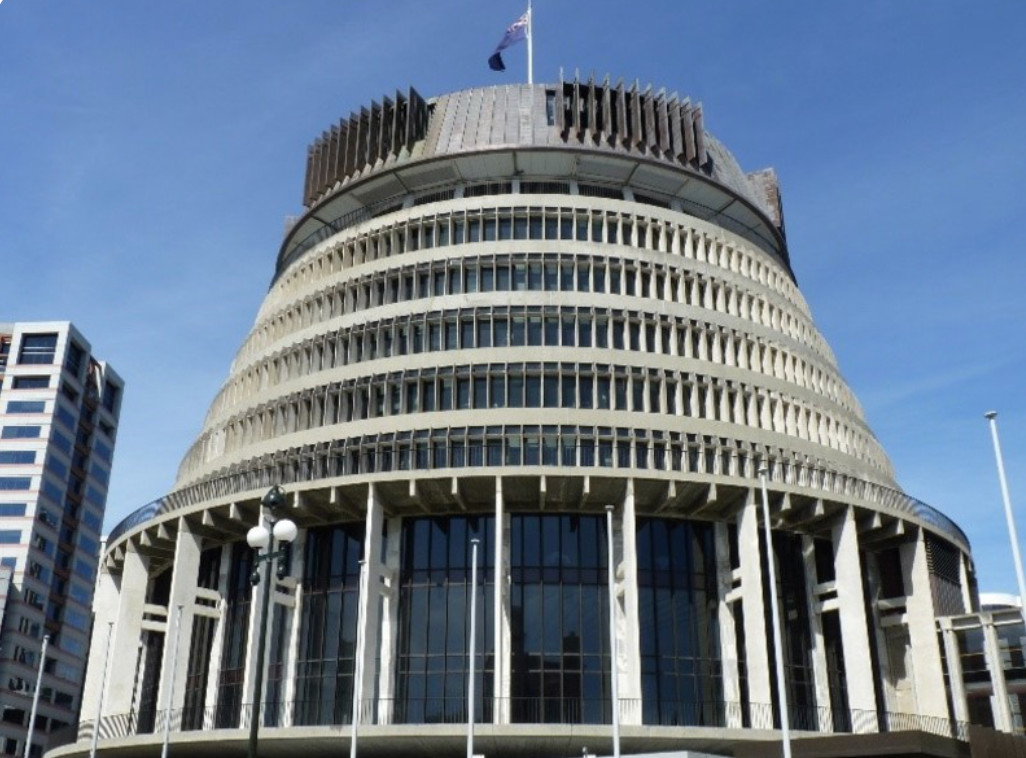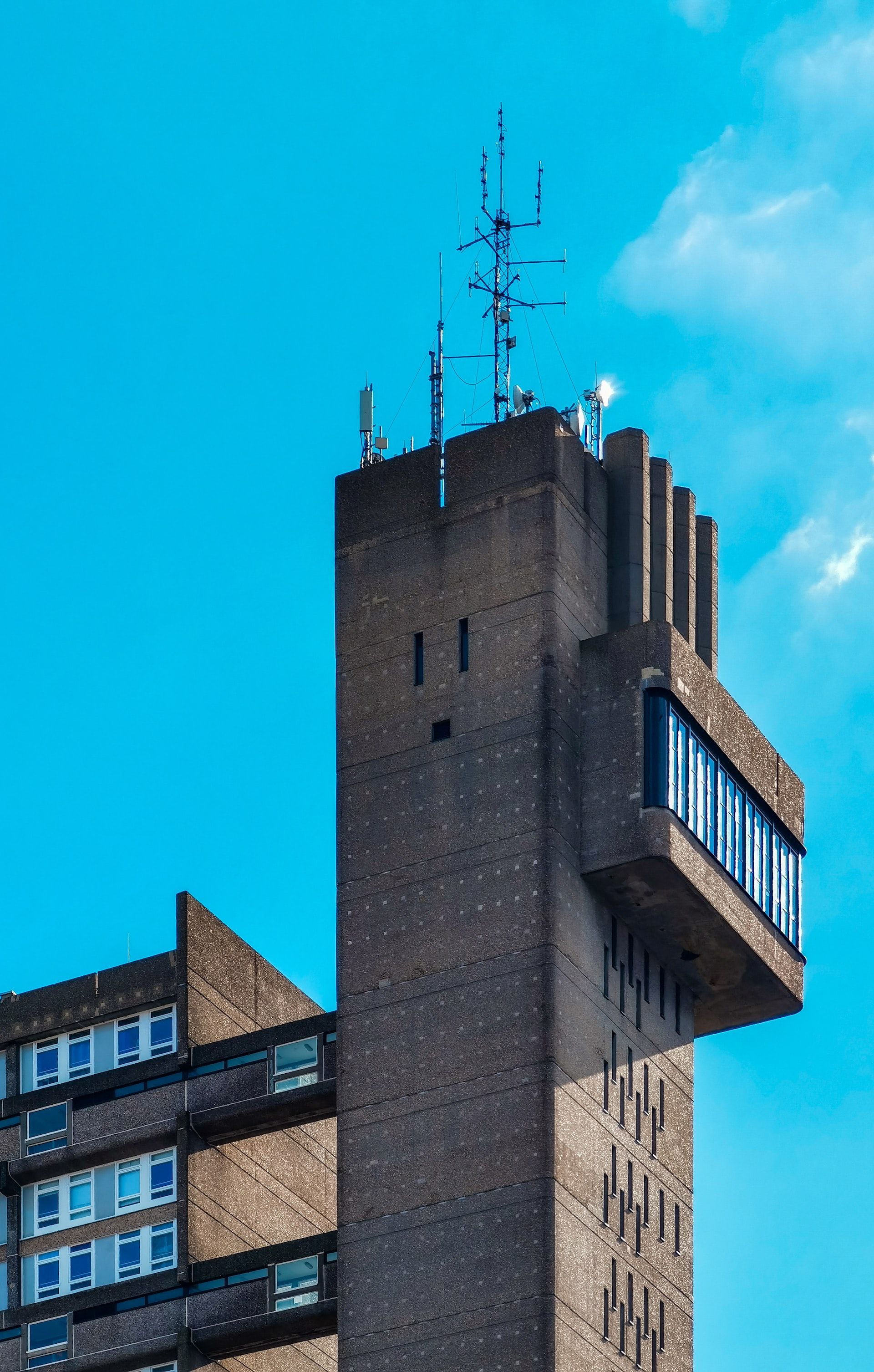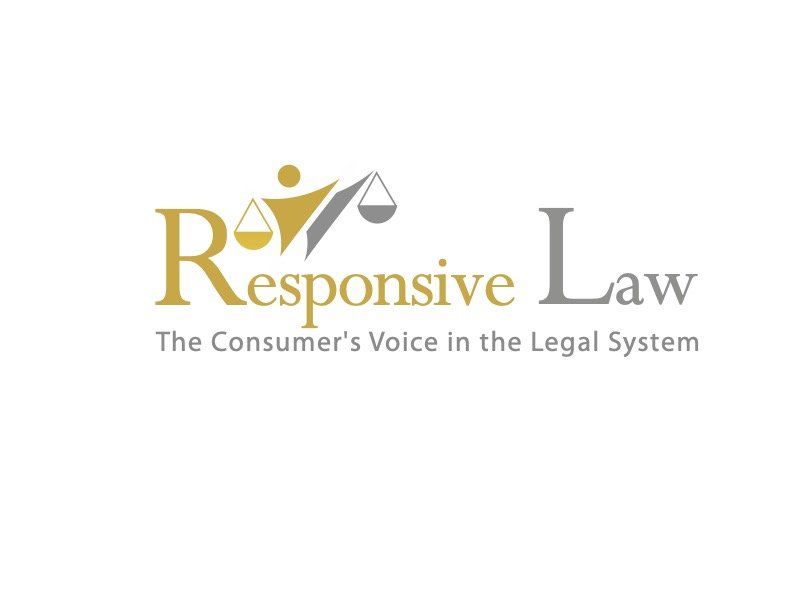Regulation in a time of crisis
Crispin Passmore • May 13, 2020
Covid-19, access to justice and regulation in the USA
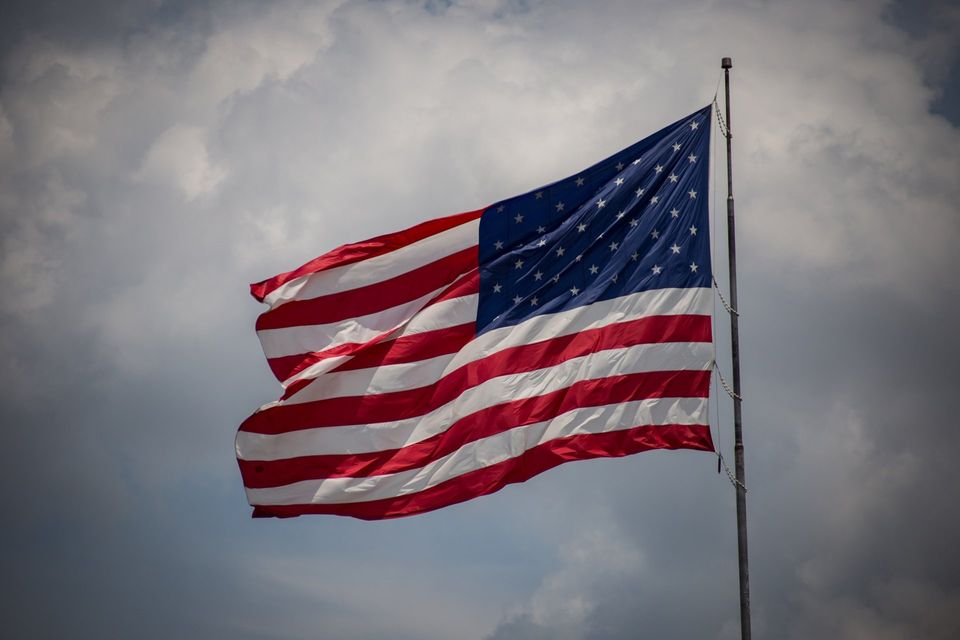
It is widely accepted that the US has an intransigent access to justice issue. The 2019 California Justice Gap Study
found that Californians received inadequate or no legal advice for 85% of their civil justice problems. Around 17 million adults in California experience at least once such problem per annum. The numbers are repeated elsewhere. In Utah the
Supreme Court noted
that in its Third District 93% of all civil and family cases (some 54,000 cases) had at least one party that was unrepresented throughout proceedings.
The US is 65th out of 102 countries in the World Justice Product’s
Rule of Law Index 2019. We could go on – there are so many reports, so much research, so much evidence on the scale of the US’s justice gap. And that is before the current Covid-19 pandemic and resulting economic crisis. US unemployment
rose by over 20 million
in April. The Treasury Secretary suggests it may
peak at 25%
with perhaps 7 million not yet counted in April’s figures.
It is hard to compute the impact of that on the lives of ordinary Americans, but it will be reflected in the scale of civil and family justice problems. Domestic violence, homelessness, debt and welfare entitlement, healthcare entitlement issues will all rise. Then there are employment issues – everything from furloughing through to pay cuts, loss of medical insurance, unemployment and discrimination. This is not a problem that pro bono advice can solve. It is hard to put a number on how many US citizens are not served by the current legal market but is millions in California alone. If the legal profession is proud of the market it has built then it should use this period of isolation for some reflection.
Moreover, there is the legal advice needs of small business. These are perhaps more researched in the UK
than the US. In England & Wales 86% of small businesses said that lawyers were essential for running their business (and a third have legal problems in any given year), but only 11% felt that lawyers were a good value way of resolving problems.
Even corporates are affected. Many are shedding staff as economic inactivity spreads. They need to trim their workforce, resize their business, rebuild their balance sheets and repair their revenue streams. They will need legal advice with this at exactly the time that they have less people and less money. FDs and CEOs will be saying to their GC that they want lower fixed costs which means more technology, outsourcing and flexible workforces. GCs will want choice beyond law firms that work every issue from scratch. Those alternatives exist in the US outside of regulation
– beyond regulated attorneys working in lawyer owned law firms.
It is obvious that the failure of the legal market to meet these needs undermines the rule of law. What is sometimes forgotten by attorneys is that these problems causes economic harm to the whole of society. 70% of what the US economy produces is consumed by its own citizens. If those citizens are not working, not earning, then they are not spending. Our economies are built on interdependence and despite the rhetoric of personal responsibility and individual free choice, we are all in this together. My health and wealth depends upon your health and wealth.
We know that regulation and licensing rules matter for dealing with these sorts of crises because we can see how those rules are changed across professions when environmental disasters strike. Let us just select a few to illustrate.
- In the current pandemic, according to the Federation of State Medical Boards, 49 States and territories have modified regulation to allow ‘telehealth’. This includes out of state physicians and telephone consultations for example.
- In New York Governor Cuomo has extended the scope of practice
for certain nurses.
- After Hurricane Katrina and Iowa floods
out of state lawyers provided access to legal services to handle some of the fall out.
- The ABA adopted its Model Court Rule on Provision of Legal Services Following Determination of Major Disaster
allowing out of state lawyers to offer legal advice. In the commentary it says “lawyers in an unaffected jurisdiction may be willing to serve residents of the affected jurisdiction who have unmet legal needs as a result of the disaster or, though independent of the disaster, whose legal needs temporarily are unmet because of disruption to the practices of local lawyers. Lawyers from unaffected jurisdictions may offer to provide these legal services either by travelling to the affected jurisdiction or from their own offices or both”.
- Utah awards emergency diploma privileges
to students unable to sit bar exams in 2020.
What is clear is that when faced with an out of the ordinary crisis regulation is relaxed. This is about proportionality: are the rules in the way of the help that people need? The answer is quickly recognised as ‘yes’ when there is an emergency – and that applies across the professions. The Economist noted in 2018
that licensing rules in the US are rigging the economy in favour of the better off. We can hear some parts of the professions screaming ‘consumer protection’ just as the California Consumer Lawyers
did in response to its State Bar’s Task Force on access through innovation of legal services. But if it were really about consumer protection, we would see evidence of harm in the States that do not have the same restrictions. As The Economist states:
“One way of telling that many licences are superfluous is the sheer variance in the law across states. About 1,100 occupations are regulated in at least one state, but fewer than 60 are regulated in all 50, according to a report from 2015 by Barack Obama’s White House. Yet a handful of high-earning professions are regulated everywhere. In particular, licences are more common in legal and health-care occupations than in any other.”
When we look at the relaxation of regulations and licence restrictions through the various crises do we see any evidence of harm for those that got out of state help or help from less qualified people? I have yet to see any. In fact, the professions hold these up
as examples of its best work.
When the US looks to learn from England & Wales it can observe a natural experiment. Not only has this jurisdiction had non-lawyer ownership of law firms since 2011, it has never had the same unauthorised practice of law restrictions as the US. Most legal services can be delivered by anyone – yes anyone. No need for a law degree, a supervising attorney or an apprenticeship. And what we see is a thriving legal market beyond that dominated by our solicitors. The UK's competition authority
looked hard to find evidence of harm – poor quality, high dissatisfaction, negligence claims or complaints – but found very little.
The research that is available suggest that non-lawyer owned firms innovate more, have fewer complaints and are better at handling those complaints. It also suggests that lawyers deliver incompetent advice as frequently as non-lawyers, but that the non-lawyers deliver excellence more frequently. Independent research is much more convincing than lawyer anecdote:
- Evaluation of reform in England & Wales
by the Centre for Strategy & Evaluation Services
- Professor Richard Moorhead on the Paradox of Lawyer Specialisation
- LSB & IFF research
on quality of lawyer and non-lawyer will writers
- Research on innovation
in legal services by SRA and LSB
- Contesting professionalism
by Professor Moorhead et al
The first of these papers concludes that:
“The impact of [England & Wales] reforms has been gradual and incremental. Early indications show that users of legal services are beginning to see benefits.Introducing ABSs and MDPs, and removing restrictions on firm ownership, have allowed new entrants (including foreign law firms, firms owned by professional services firms, local authority owned firms and retail brands) into the market. This has resulted in improved access, choice and quality of service for legal service users and innovation in provision.There was no evidence to suggest that these reforms have detrimentally impacted, or resulted in a greater risk to, users of legal services.”
In a forthcoming paper in the Stanford Journal of Civil Rights and Civil Liberties Professor Sandefur concludes that “there is demand for legal advice and other services from non-lawyer providers, and such providers can produce services that are as good as or better than those of attorneys.” Her research demonstrates this with comparisons between the US and England & Wales. It is absurd that it is easier for an English solicitor to move across 28 European Union jurisdictions than it is for a lawyer to work across State boundaries within the US. That is nothing more than protectionism however it is dressed up.
The access to justice problem has been critical in the US for some time. It just got worse. Even the ABA acknowledges that in a disaster scenario we need to allow lawyers more freedom and less regulatory restrictions. Evidence across the professions shows that relaxing licensing rules can increase supply where and when it is most needed. We are now in an unprecedented intensification of the access to justice crisis. State Bars and Supreme Courts need to respond. Arizona and Utah
are leading the way: they show what is possible. What more can others do?
- Each State should use the ABA model rule from Katrina to extend access urgently. This obviously applies to the Covid19 crisis, but it should apply to the access to justice crisis more generally. Cross border, tech driven services as offered by Rocket Lawyer and Legal Zoom could start to fill the immediate crisis where lawyers simply do not tread even when not on lock down.
- Supreme Courts should instruct State Bar’s to focus on the needs of the public rather than the interests of lawyers.
- State Bars should immediately introduce regulatory sandboxes to allow access to justice responses to the virus.
- State Bars should recognise that the access to justice crisis is an on-going disaster that warrants permanent reform beyond the current intensification with application of the Katrina rule and introducing sandboxes merely the start.
- The Federal Trade Commission should recommit to an open legal market so that the US economy can get back on its feet with the support of lawyers.
Too much reform gets stuck in the face of hostility from incumbents who are protecting their economic interests with little actual regard to the public. I have yet to come across reformers in the US or UK that think that ethical rules should be watered down or removed. No-one thinks lawyers should act when conflicted, be able to act in their own interests rather than their clients, be allowed to misuse their client’s money or undermine the administration of justice. The arguments that non lawyer practice, non-lawyer ownership and fee sharing all undermine ethics says more about the fragility of lawyers’ ethics than anything else. The absurdity of State Bars suing referral services
reveals their deeply embedded focus on the welfare of lawyers over the access problems of consumers. What real harm are they tackling? The intellectual gymnastics needed to identify potential risks from referral is some feat alone, but to do so while also ignoring the actual harm arising from those customers having no meaningful access to legal advice is breathtaking. One is a mythical risk; the other an incontrovertible fact.
Maintaining economic restrictions on consumers right to get legal advice by lawyer monopolies is a decision to sacrifice the rule of law and access to justice on the altar of lawyer profits. Surely no State Bar Trustee or Supreme Court Justice can live with that?
*Milton Friedman once said that you can tell who benefits from regulation by checking who calls for it. It is the lawyers that demand the ban on non-lawyer ownership and fee sharing – it is not their consumers.
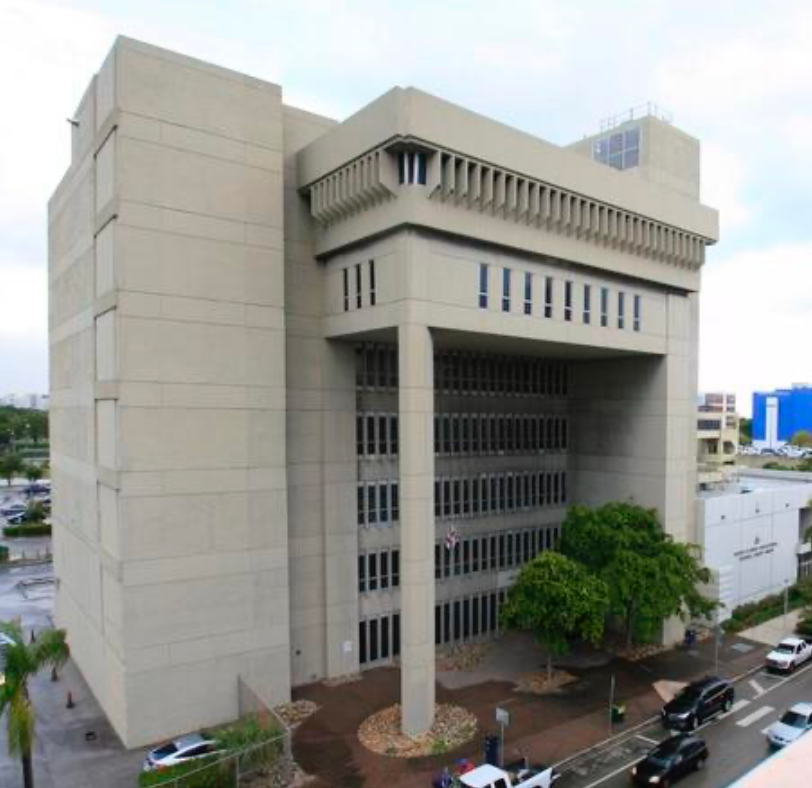
The Legal Tech Fund ran the best event for innovators int he legal market that I have found. TLTF 2023 was a a great opportunity to learn new things but best of all were the connections made and friends seen. These enabled new discussions and deeper debates about technology, capital deployment and liberalisation. TLTF 2024 is just one year away - I'm already excited.





